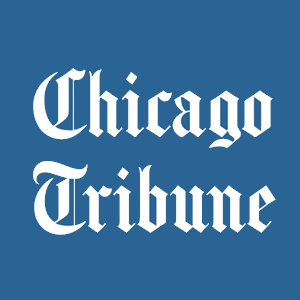As the fall semester approaches, U.S. colleges are rewriting protest rules to manage potential demonstrations, similar to the ones that occurred in spring of 2024. That is when hundreds of Gaza war protesters were arrested on numerous college campuses, like UCLA and Columbia, after escalating tensions led to police confrontations.
Jewish students also said pro-Palestinian activists barred them from accessing certain areas of campus, such as classrooms and buildings.
Now, with fall semester around the corner, universities nationwide are implementing new measures to curb anti-war demonstrations, including banning encampments, limiting protest durations and restricting campus access.
The American Association of University Professors criticized “overly restrictive policies” that may stifle free expression on campuses.
Despite the new regulations, student protesters remain committed to their cause, fueled by the ongoing conflict in Gaza, where the Hamas-run Health Ministry announced this week more than 40,000 Palestinians have now died since the war started.
College presidents also faced intense scrutiny for their handling of those demonstrations and antisemitism concerns.
A number of Ivy League leaders have resigned in recent months. Columbia University President Minouche Shafik resigned Wednesday, Aug. 14. Harvard University President Claudine Gay, and University of Pennsylvania President Liz Magill both resigned earlier in 2024.
The tension between maintaining campus order and preserving academic freedom is likely to be tested in the coming months.






























